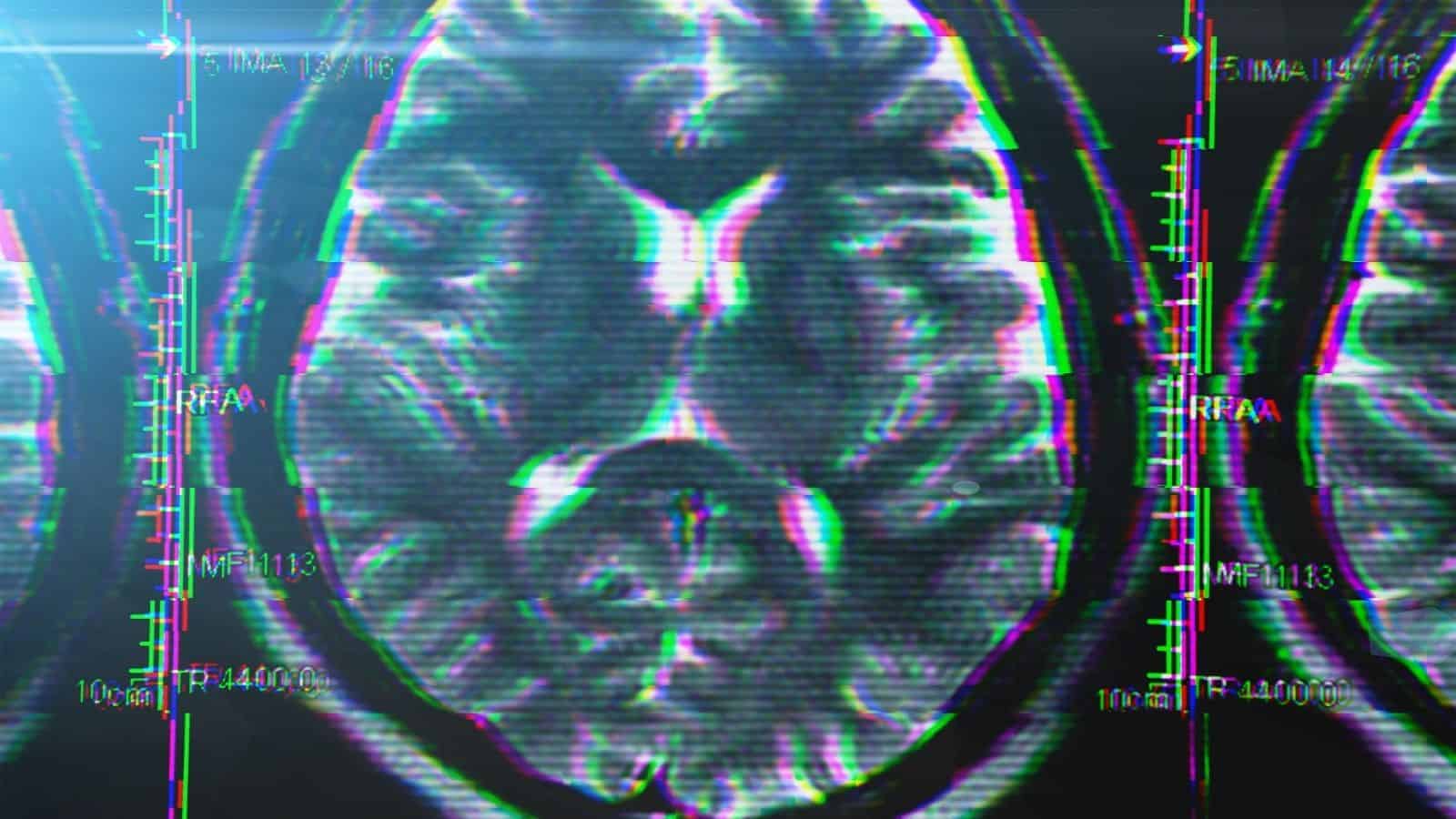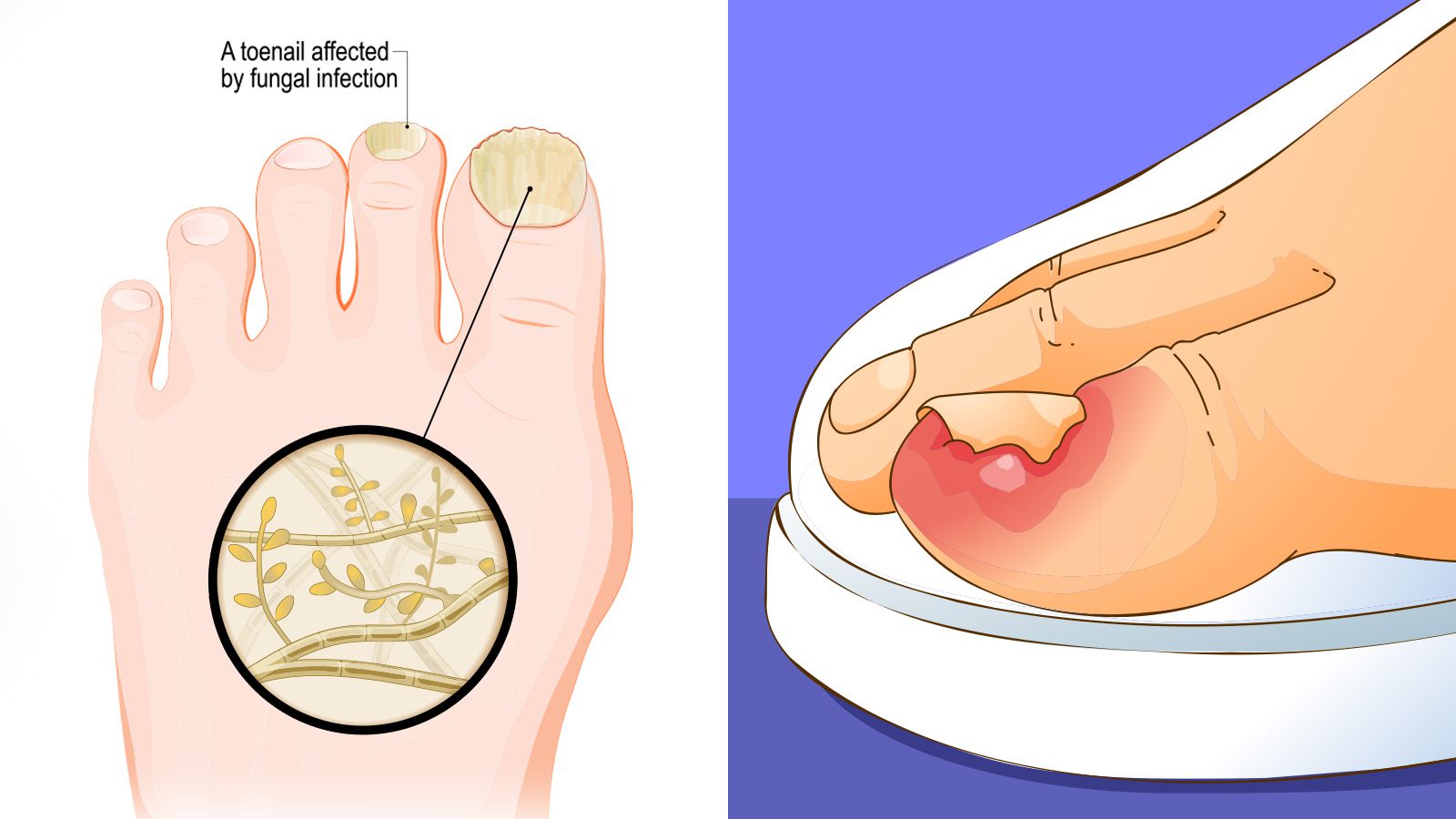Brain hacks can help boost your memory whether you are naturally forgetful or you are aging in life.
The human memory can be fickle. When you’re young, it seems you can remember everything with accuracy. As you get older, it’s natural to start forgetting things. However, you don’t want to forget so much that it impacts your quality of life.
One way to help prevent this is by improving your memory. There are many ways to do this, and surprisingly, most of the methods are simple to do.
Here are ten brain hacks that can help you improve your memory.
1. Exercise regularly.
You may think of exercise as a physical thing, but the mind and the body are connected. Taking care of your memory only isn’t enough. You must take care of your health as a whole to maintain and improve your memory.
For example, a lack of exercise can lead to being obese. Being obese can lead to uncontrolled high blood pressure. Uncontrolled high blood pressure can lead to a stroke. A stroke can then cause memory loss or, even worse, dementia or Alzheimer’s disease.
Several studies prove an existing link between regular exercise and a stronger memory. For example, studies have shown that regular aerobic exercise can increase the size of the hippocampus, which is the area of the brain responsible for verbal memory and learning. A larger brain means a larger memory.
Just remember that regular exercise can keep away diseases and conditions that may affect your memory, and it can also increase your memory capacity. It’s one of the most essential brain hacks you can do.
2. Use it, so you don’t lose it.
Your brain is like any other muscle in your body. You need to exercise it to get it more robust. If you don’t, it gets small and weak. However, if you flex your brain, you can increase the size of it, which will ultimately improve your memory.
This means you should push yourself to learn new things. Do some research. Solve complex problems—play “brain” games. Do what you can to use your brain regularly. Challenge yourself. If you don’t use your mind, you might lose your mental capacity along with your memory.
3. Lay off the sugar.
This is one of the best brain hacks because it will help your brain and your waistline. The food you eat can have a considerable impact on your memory. One of the biggest culprits is sugar. Studies show that people who have a diet that is high in sugar have trouble remembering things and are at an increased risk for dementia. This is true even if the person doesn’t have diabetes.
The hippocampus comes into play again when it comes to overindulging in sugar. It uses glucose to function, but too much glucose can make it malfunction. Therefore, overeating sugar can nearly crush your memory.
4. Know your learning style.
If you’re not an auditory learner, chances are you won’t remember half of what was said in a meeting. Conversely, if you’re an auditory learner, diving in and getting your hands dirty isn’t going to help you retain anything. That’s because you aren’t using your most robust learning style.
If you want to improve your memory, find out the best way that you learn, and then do that. You may not be able to change the fact that your professor lectures for the entire duration of a class, but when you go home to study, you can change the lesson up to match your style of learning. This takes a little bit of extra effort, but before you know it, you’ll be soaking up everything like a sponge.
5. Visualize things.
One of the most effective brain hacks is to visualize what you’re trying to learn or remember. This means to create a picture of what you’re trying to place in your mind. You may even need to close your eyes to see the image more vividly.
Visualization tends to imprint information onto your brain. The human brain has an easier time remembering pictures over lectures or words. In fact, if you can use as many of your five senses along with the visualization, this can really help the memory hit home.
6. Repeat things.
You’ve heard of the saying, “practice makes perfect.” Well, it might not make your memory perfect, but this is one of the best brain hacks to make the memory stick!
When the human brain processes information, it begins by putting it into short term memory. However, short term memory is temporary. Thus, if you don’t revisit the data, you’ll lose it. The more you think about it, say it, write it, visualize it, do it, or whatever else you may be doing to remember it, the more synapses fire in your brain. Eventually, these synapses will push that information from short term memory to long term memory.
That’s why studying is so important when you’re in school. The more you go over information, the more it sticks.
7. Write information instead of typing it.
In these days, people barely write anymore. Everyone has a smart device or a computer, and it’s much faster to type or dictate information. You can even record data at the touch of an app.
Although typing and dictating may be convenient, it’s doing nothing to help your memory. Remember, your memory is like a muscle. If you don’t use it, you lose it. That’s why writing information down is so much better than typing or dictating it.
Researchers believe that you use different mental processes when you write than when you type. Writing requires more of your attention, and it’s more tedious, so you have the full attention of your brain as you write. This makes it easier to learn.
8. Do memory-based activities.
Memory-based activities can be a lot of fun. There are plenty of activities around that are designed to improve memory. Many of them are games that you can play. This is great because you’re enjoying yourself while improving your brain. It probably won’t even feel like work.
There are games out there that are specifically made to improve memory, but you don’t necessarily have to choose those. Any game that requires you to keep up with a storyline, clues, or other information can help you improve your memory.
9. Get enough sleep.
This brain hack is one of the most straightforward ones you can try. Your memory won’t function correctly if you’re tired. A constant lack of enough sleep could even damage it permanently. You must get enough quality sleep regularly.
Don’t think of sleep as merely the solution to being tired. Rest is so much more than that. It’s the way that our bodies recharge themselves. You need energy for your brain to work, so you need to refresh yourself.
Another critical aspect of sleep is that it helps to set your short-term memories into your long term memory. This is great for studying, especially when you have a big test the next day. You should always get enough sleep before a test.
One other consideration is that sleep helps to consolidate your procedural memory (how to do things) with your declarative memory (recalling things). However, you need plenty of REM and slow-wave sleep. This essentially means you need a lot of deep sleep, so the quality of your sleep needs to be considered as well.
10. Take care of your mental health.
Your mental state has a massive effect on your memory. If you want your memory to be healthy, stay strong, and get stronger, you need to be in a good state of mind most of the time. This tip suggests that to keep yourself happy and try not to stress out all the time.
Depression is one of the most significant mental issues that can affect memory. Everyone gets sad from time to time, but a constant state of depression can shrink your hippocampus and reduce your ability to recall fine details.
According to the letter published by Harvard Health, depression can interrupt chemical messengers in the brain like serotonin, dopamine, and norepinephrine. Any interruption of these chemicals can lead to extreme mental disorders like bipolar disease, ADHD, or anxiety disorders. All of these can crush your memory capabilities.
The best mental brain hack for improving your memory is to be happy. Take care of your mental health.
Final Thoughts on Brain Hacks That Help to Improve Your Memory
To improve your memory, you have to be extremely proactive. You must keep in mind that improving your memory is a full-body effort, not just a mental task. No matter how many brain hacks you try, you have to throw yourself into it, or it won’t be effective.
Working to improve your memory also helps to prevent or at least delay future memory problems like dementia and Alzheimer’s disease. You’ll be doing yourself a huge favor by taking the memory improvement seriously. The ten brain hacks that you’ve just read are relatively easy to implement, making them a great starting place on your journey to a stronger memory.

















